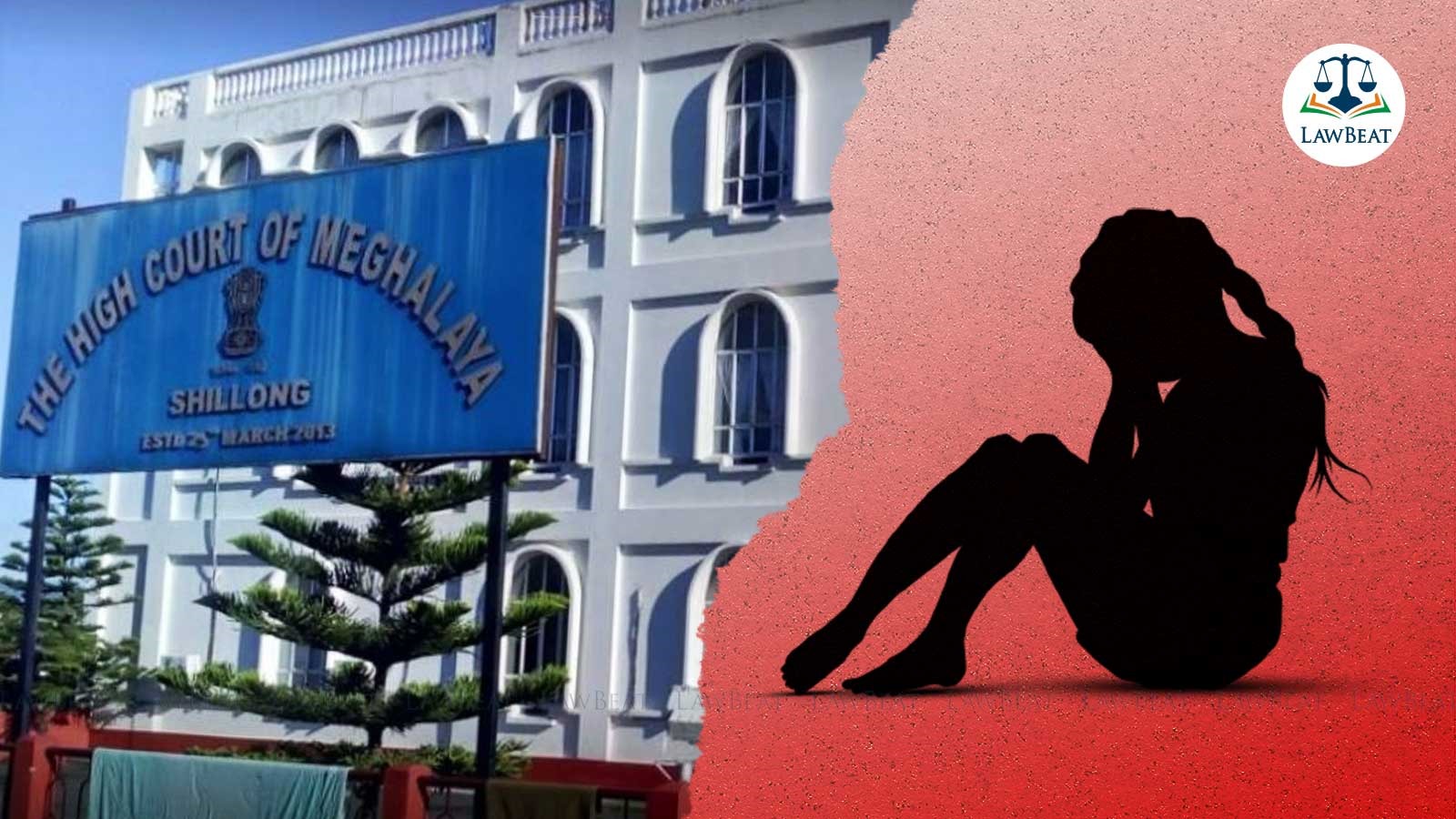Meghalaya HC Acquits Rape Accused Citing Survivor’s Lack of Effort to Escape

The court noted that “The prosecution did not give any logical explanation to the said part of the evidence as to under what situation the survivor found her family scarier than the appellant at that horrific and terrible point of time”
The Meghalaya High Court has acquitted a rape accused, highlighting inconsistencies in the survivor's conduct after the alleged incident, which did not did not align with that of an anguished and traumatised victim, as she did not make efforts to escape the company of the accused.
Justice B. Bhattacharjee, presiding over the case, elucidated that “A traumatized survivor would definitely try to break free or run free instantly from the control of the offender. It is unimaginable of a survivor of sexual assault to find the company of the offender safer than her own family members. Thus, the above fact would undoubtedly exhibit that the survivor’s conduct during the ordeal was not that of an anguished and horrified survivor but one of a submissive and consensual person.”
The court made the observation while hearing a criminal appeal filed against the decision of the Sessions Judge, East Jaintia Hills District, Khliehriat. The court convicted the accused/appellant under Section 376 of the Indian Penal Code (IPC), dealing with offence of rape and sentenced him to five years rigorous imprisonment with fine of ₹ 10,000/- (rupees ten thousand).
The incident occurred on June 14, 2012. The appellant admitted to being with the survivor on that day but denied committing rape, asserting that they were in a consensual relationship. The prosecution argued that the survivor was a minor at the time, which would render any consent irrelevant under Section 375 of the Indian Penal Code (IPC). However, the trial court found insufficient proof of the survivor’s minority, a finding the prosecution did not contest.
The prosecution maintained that the survivor, being 17 years old, could not legally consent. They presented witness testimonies and medical evidence to support their claim of rape. The survivor testified that the appellant forcibly took her into his car, drove to a secluded area, and raped her. She also stated that she was too scared to attempt escape and later declined to pursue the case, claiming a settlement between the families.
The court observed that “The prosecution did not give any logical explanation to the said part of the evidence as to under what situation the survivor found her family scarier than the appellant at that horrific and terrible point of time. There can be no denial to the fact that a forceable sexual assault brings in humiliation, feeling of disgust, tremendous embarrassment, sense of shame and trauma, and therefore, most unlikely of a mature woman, just immediately after the incident when still under the control of the offender, to choose a place of suitable destination as an alternative to her home as she was scared of her family members.”
It was further noted by the court that key witnesses, including a friend of the accused, identified as PW-4, accompanied the accused and the survivor on the day of the incident and testified that the survivor entered the vehicle willingly. The High Court scrutinized the trial court's decision, highlighting its failure to fully consider the testimony of PW-4. The court observed that the trial court appeared to have disregarded portions of PW-4's evidence that supported the defence, instead focusing solely on aspects favouring the prosecution. This selective approach was seemingly influenced by PW-4's association with the appellant, according to the court.
Notably, despite this bias, the prosecution neither excluded PW-4 as a witness nor discredited his testimony. Moreover, the prosecution did not attempt to label PW-4 as a hostile witness. Given these circumstances, the court held, the trial court ought to have evaluated PW-4's evidence comprehensively, rather than assigning lesser significance to certain parts of it.
Furthermore, the court observed that while the medical examination revealed injuries consistent with forceful intercourse, the lack of external injuries and the survivor’s subsequent behaviour cast doubt on the prosecution's narrative.
The court noted that “the conduct of the survivor of not preferring to return home to her family members immediately post incident and taking help of the appellant for an alternative destination and ultimately reaching the place of her sister casts a serious doubt about the prosecution story of the case. The conduct of the survivor, particularly when it is established before the trial court that the survivor was not a minor at the time of the incidence, has a crucial bearing in the case. There is also no clear evidence of survivor being forcibly taken into the vehicle of the appellant.”
After analysing the facts and the arguments put forth, the court concluded that the survivor's conduct did not demonstrate the absence of consent, thus granting the appellant the benefit of the doubt. “The overall picture which emerges from the evaluation of the entire evidence on record does not inspire the confidence of this court to hold that there was absence of consent on the part of the survivor in the matter,” the court observed.
Consequently, the impugned judgment and order of conviction dated April 17, 2023, were set aside. The appellant was acquitted and ordered to be released immediately.
Cause Title: Faster Bareh v State of Meghalaya [Crl. A. No. 11 of 2023]
